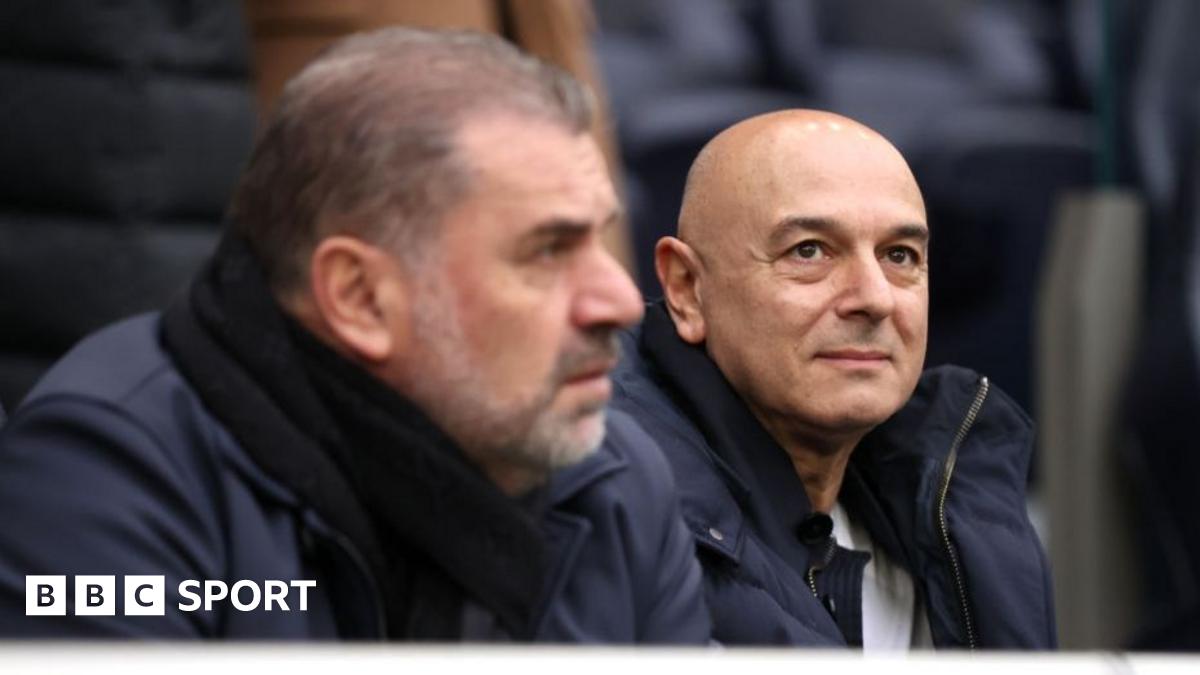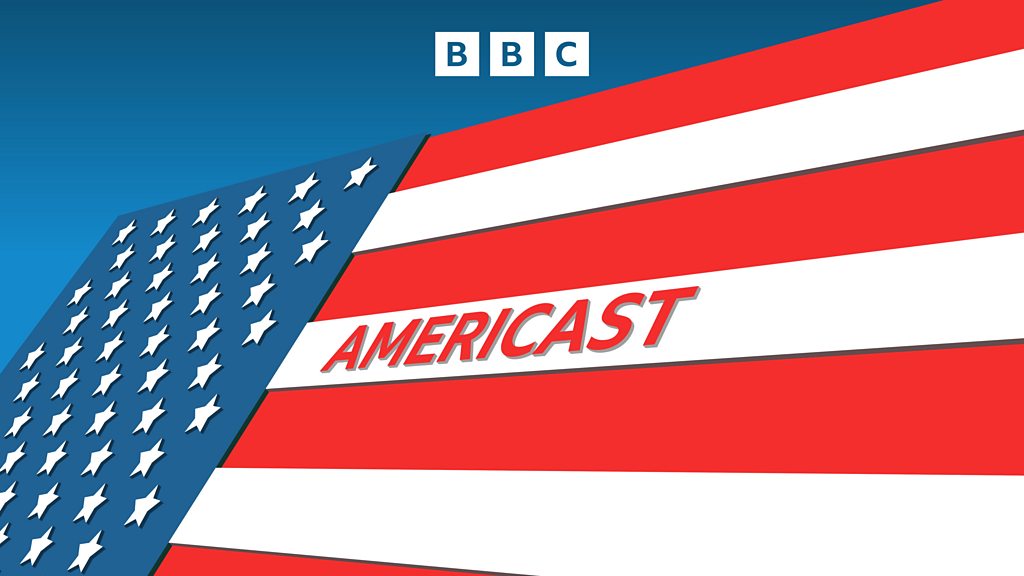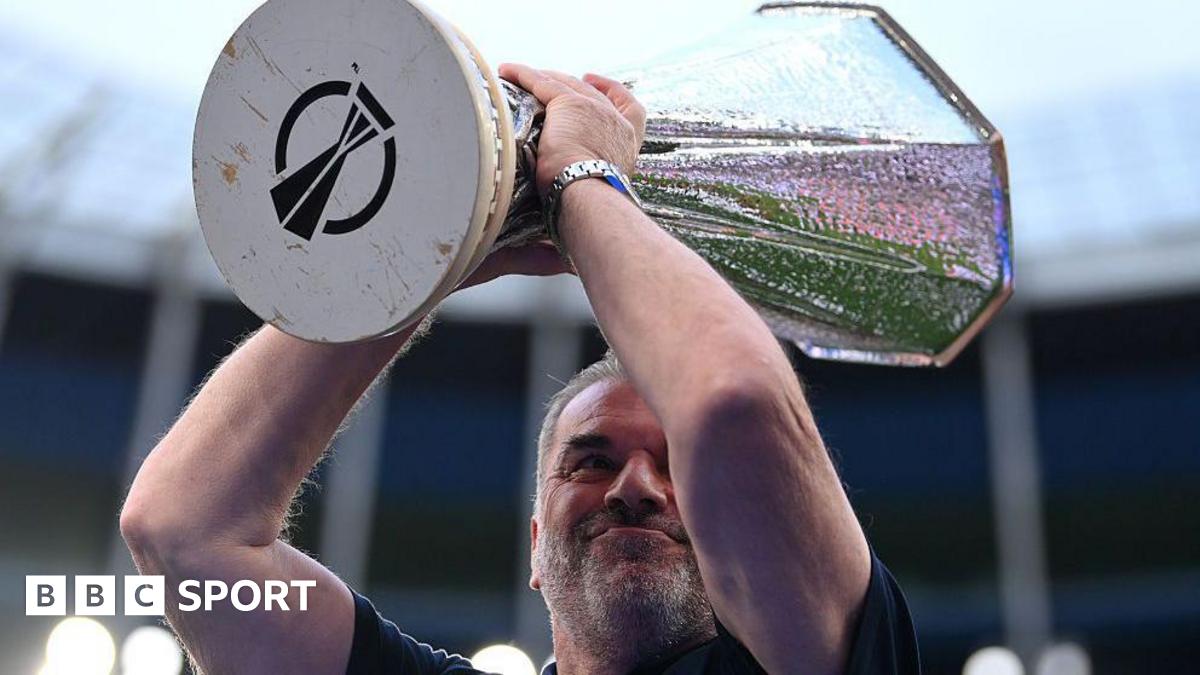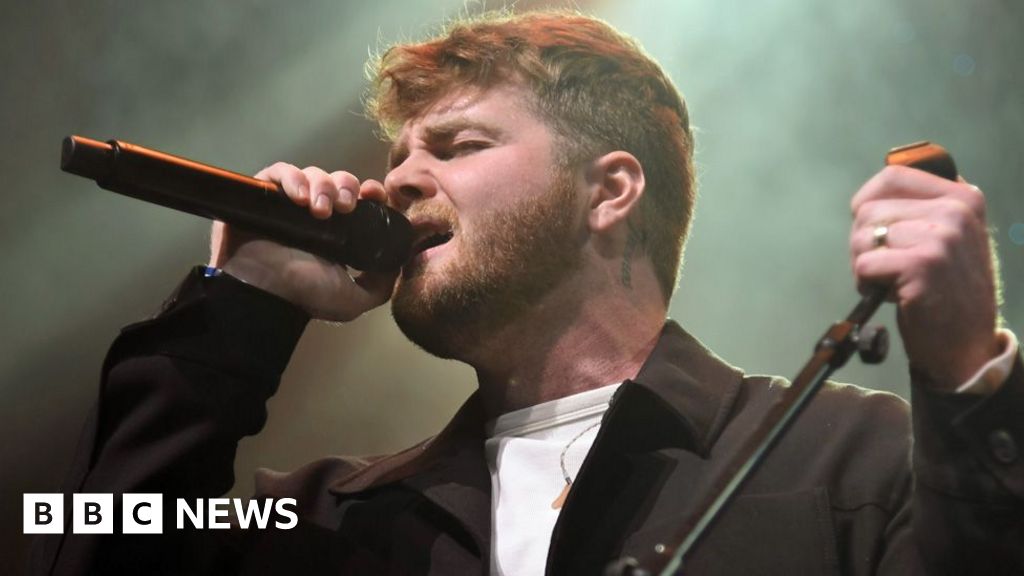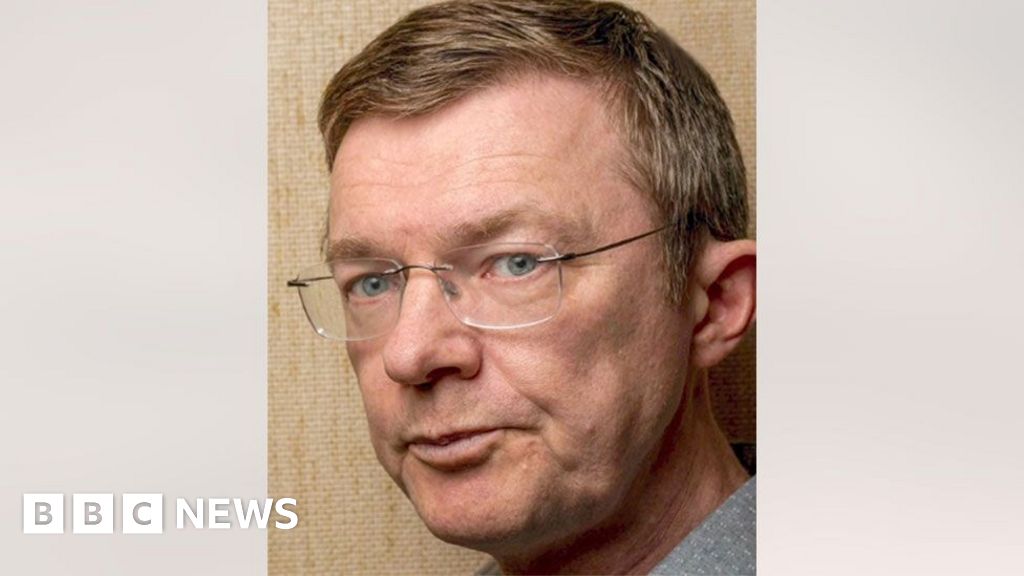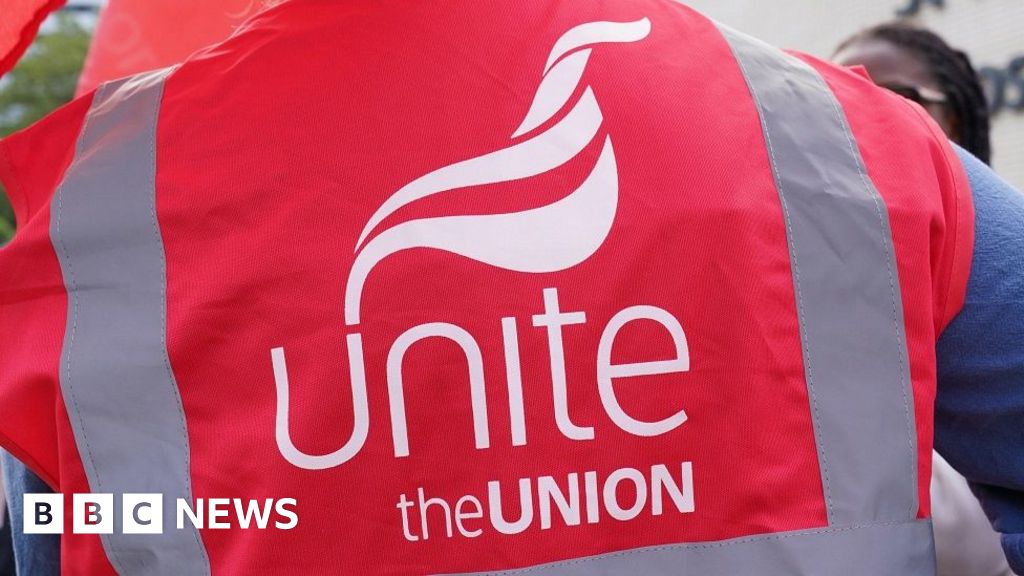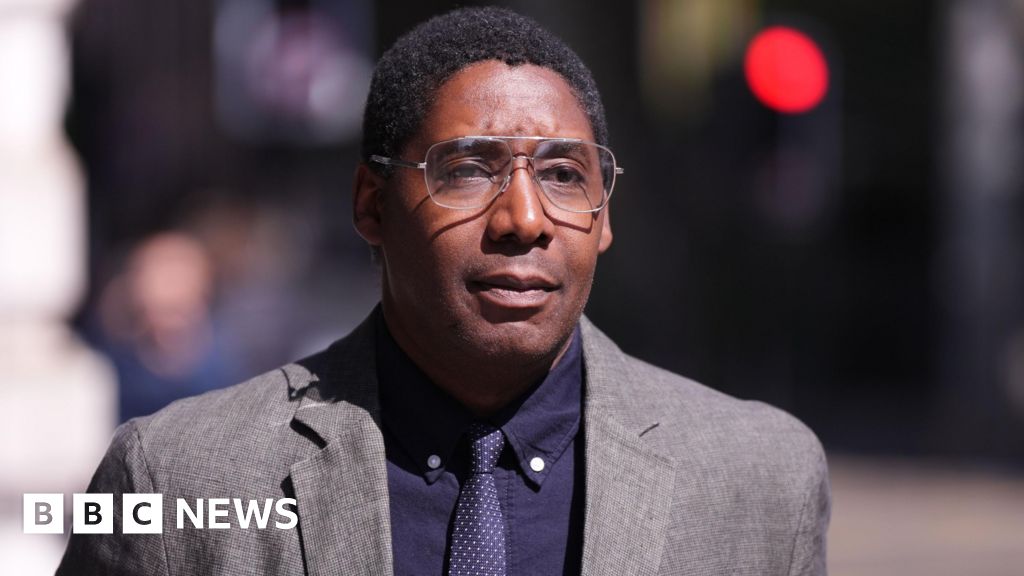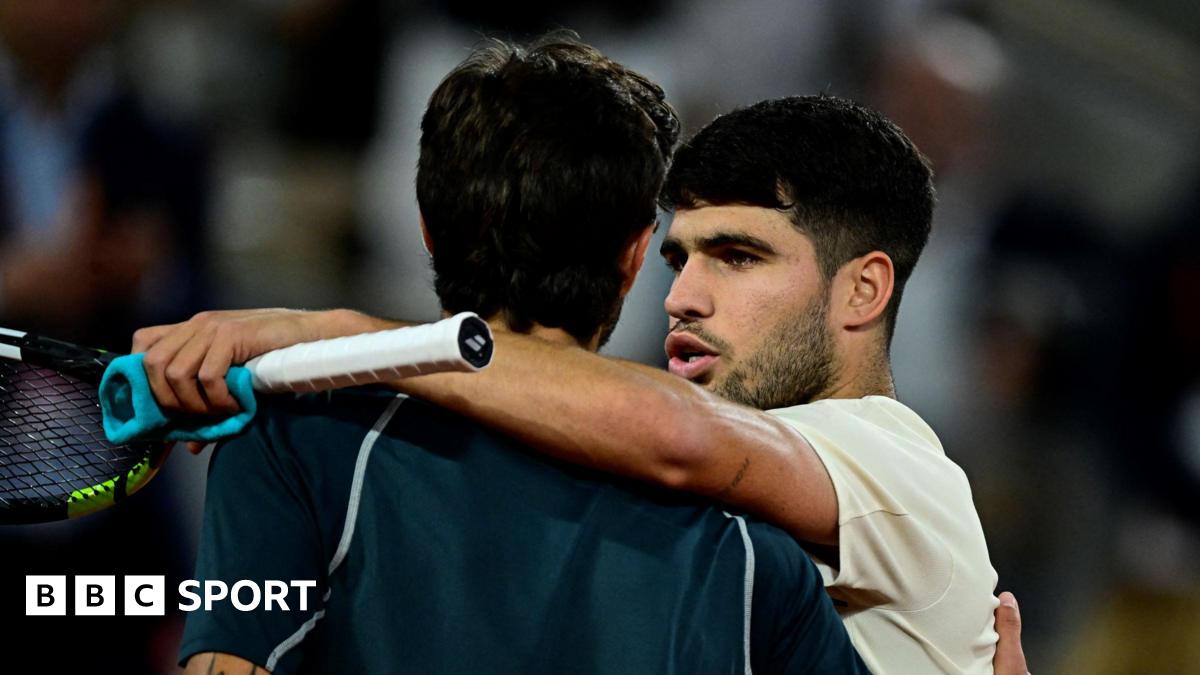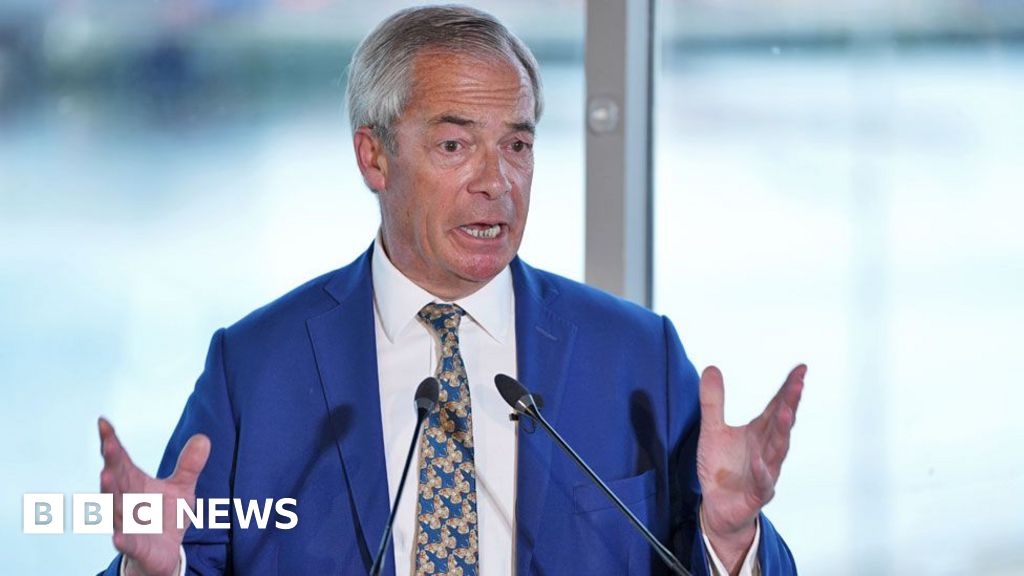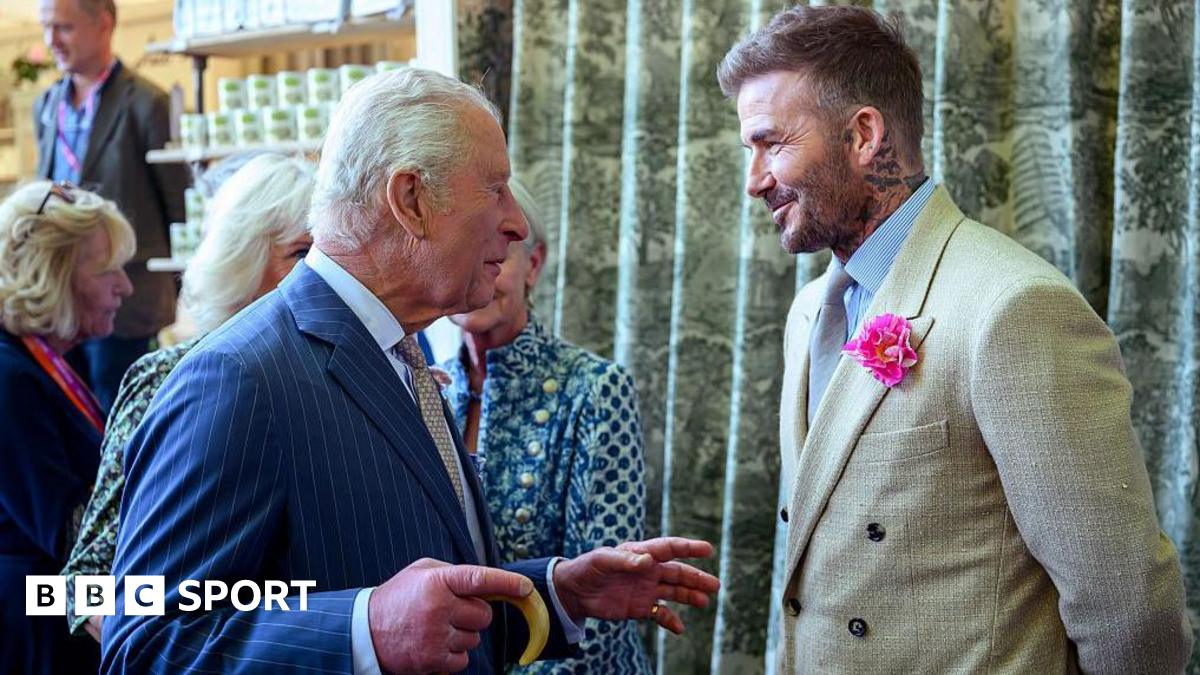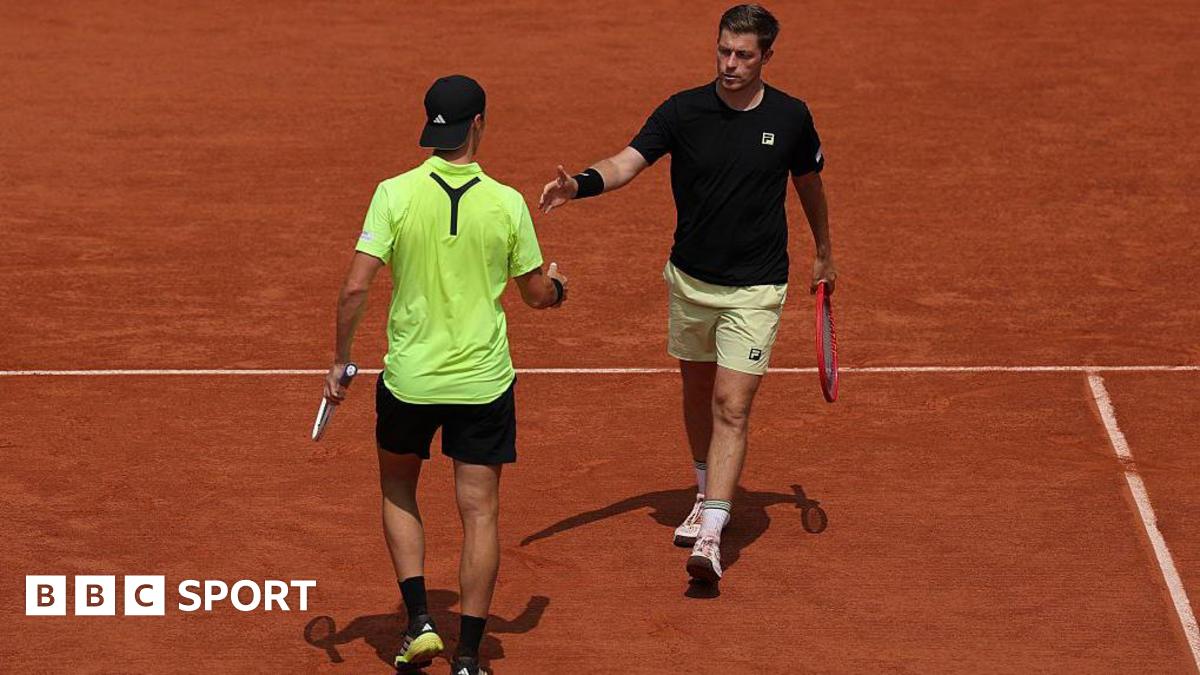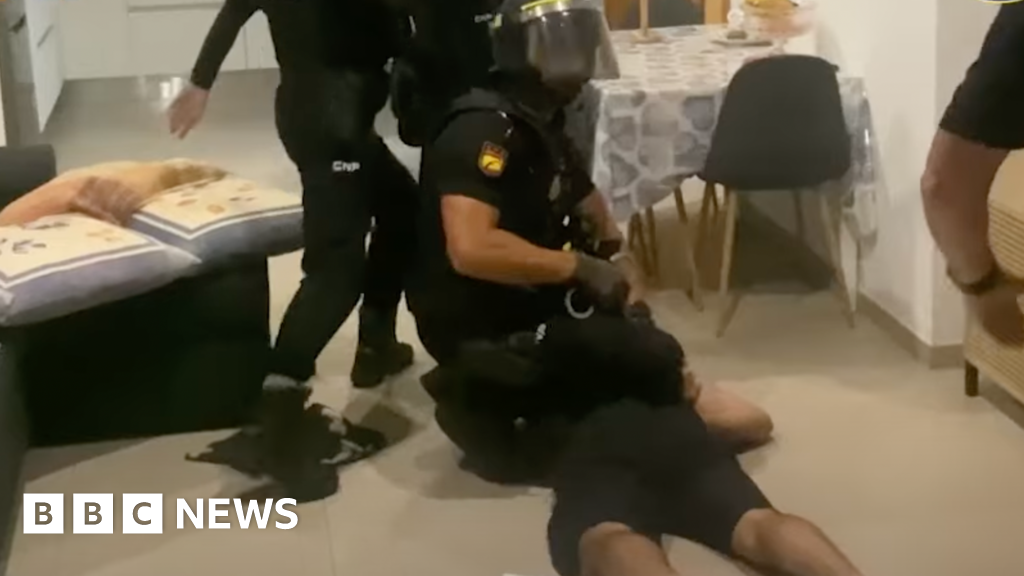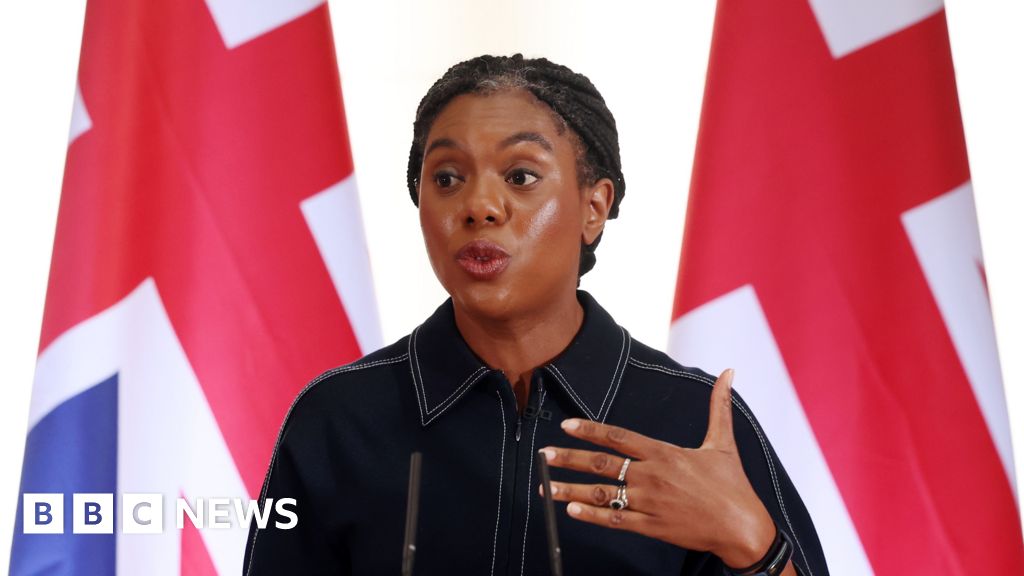Israel has carried out several air strikes on Beirut's southern suburbs, saying it was targeting Hezbollah's drone production.
The attack on Thursday night, the eve of Eid Al Adha, one of the most important celebrations in Islam, followed evacuation warnings for several buildings in the area, where Hezbollah is based in the capital.
The Israeli Defence Forces said it had identified a Hezbollah unit producing "thousands" of drones underground, funded by "Iranian terrorists".
The attack occurred despite a ceasefire being in effect between Israel and the armed group for the past six months.
Lebanon's prime minister said he "strongly condemns" the strikes.
"I consider them to constitute a systematic and deliberate attack on our homeland, its security, stability, and economy, especially on the eve of the holidays and the tourist season," Nawaf Salam said in a post on X.
Thousands fled packed streets in the densely populated area following the evacuation warning, causing a traffic gridlock. Plumes of smoke then appeared in the sky.
Lebanese President Joseph Aoun described the strikes as a "flagrant violation of an international accord" while noting it had occurred "on the eve of a sacred religious festival".
Israel's military said Hezbollah's "extensive use" of drones was central to its attacks on Israel, calling the activities "a blatant violation of the understandings between Israel and Lebanon".
There was no immediate comment from Hezbollah.
An hour before the air strikes occurred, the Israeli military's Arabic spokesman, Avichay Adraee, ordered residents living in the neighbourhoods of Hadath, Haret Hreik and Borj el-Barajneh in the Dahieh area to evacuate.
"You are next to infrastructure belonging to Hezbollah," he said in a social media post that included a map identifying specific buildings.
Prior to the Israel-Gaza war, Israel and the Iranian-backed Hezbollah group had engaged in more than a year of cross-border hostilities that culminated in an intense Israeli bombing campaign and ground incursion into southern Lebanon.
The offensive killed about 4,000 people in Lebanon - including many civilians - and led to the displacement of more than 1.2 million residents.
Israel said the military intervention was necessary to dismantle Hezbollah installations near the border that it argued a UN peacekeeping mission had failed to stop.
Its stated goal was to allow the return of about 60,000 residents who had been displaced from communities in the country's north because of the group's attacks.
A ceasefire struck in late November between Israel and Lebanon - but not Hezbollah - saw Israel withdraw while the Lebanese army took over policing southern Lebanon.
The agreement also stated that its commitments "do not preclude either Israel or Lebanon from exercising their inherent right of self-defence, consistent with international law".
Israel has carried out air strikes in Lebanon on targets it says are linked to Hezbollah in the months since.
In April, Israel attacked what it described as a Hezbollah store of "precision-guided missiles" in the same Dahieh region.
Earlier the same month, it launched a similar strike, killing a Hezbollah official and three other people, Lebanon's health ministry said at the time.
Lebanon's government said those attacks, as well as the continued stationing of Israeli soldiers in five locations in southern Lebanon, constitute violations of the truce.
Hezbollah launched its campaign the day after Hamas launched its 7 October 2023 attack into Israel, saying it was acting in solidarity with Palestinians in Gaza.

 23 hours ago
13
23 hours ago
13

